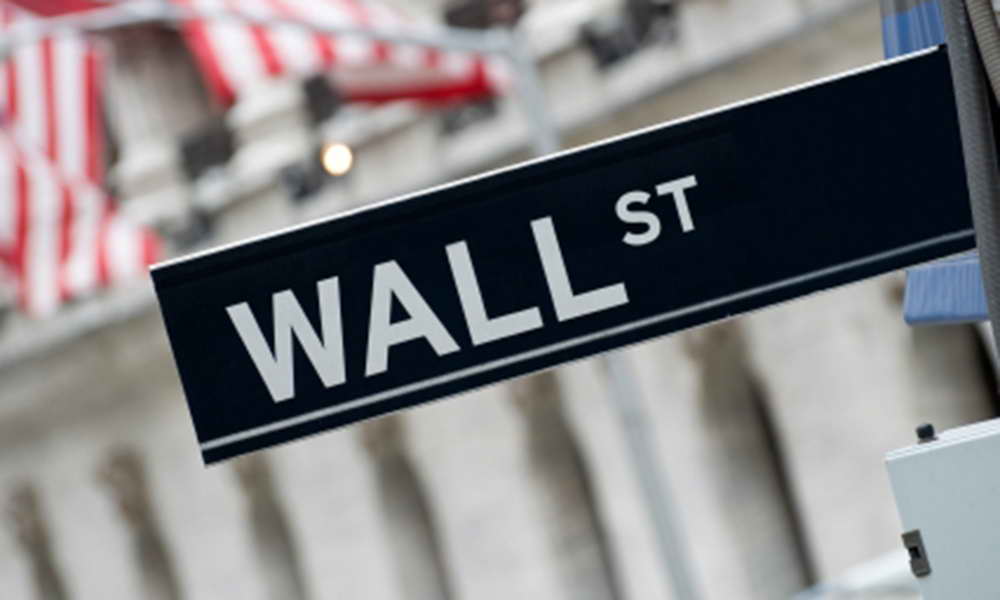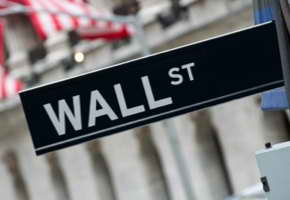November 1, 2011
11/1: More Support OWS than Tea Party
NY1/YNN/Marist New York State Poll
The Occupy Wall Street Movement has dominated recent headlines, but what do registered voters in New York State think about the movement? More than twice the number of voters statewide — 44% — describe themselves as supporters compared with those who back another much talked about political movement, the Tea Party — 21%. However, nearly half of voters in New York State — 48% — believe the Tea Party movement will have a greater impact on the outcome of next year’s presidential election.
Click Here for Complete November 1st, 2011 NYS NY1/YNN-Marist Poll Release and Tables
“Not surprisingly, there is substantial support for the Occupy Wall Street movement in New York State as compared to the Tea Party movement,” says Dr. Lee M. Miringoff, Director of The Marist College Institute for Public Opinion. “However, when it comes to the potential political impact of the two groups for campaign ’12, New Yorkers believe the Tea Party movement has the advantage.”
A majority of liberals — 63%, Democrats — 61%, New York City voters — 57%, voters younger than 30 years old — 54%, and those who earn between $50,000 and $100,000 annually — 52% — consider themselves to be supporters of the Occupy Wall Street movement. Fewer registered voters in New York State — 21% — identify with the Tea Party movement. Those who are more likely to be supporters of the Tea Party are conservative — 47% — and Republican — 40%.
When New Yorkers consider the stands of the two groups, a majority of registered voters — 54% — say the Occupy Wall Street movement comes closer to their views while 28% are more in line with the position of the Tea Party. 11% think neither movement reflects their views while less than 1% say they identify with both. Six percent are unsure.
More than seven in ten Democrats — 72% — and a majority of non-enrolled voters statewide align more closely with the Occupy Wall Street movement. While a majority or Republicans — 55% — believe the Tea Party comes closer to their views, a notable 27% identify with the views of Occupy Wall Street.
New York voters, though, believe the Tea Party will have more influence over who wins next year’s presidential election. 48% of New York registered voters believe the Tea Party will have a greater impact while 38% say the Occupy Wall Street movement will. Five percent report neither will affect the election’s outcome while less than 1% thinks both will influence who will be victorious. Nine percent are unsure.
More than six in ten Republican voters — 63% — and a majority of non-enrolled voters — 54% — believe the Tea Party will have more influence in next year’s presidential election while half of Democrats — 50% — say Occupy Wall Street will.
Table: Support for the Occupy Wall Street Movement
Table: Support for the Tea Party Movement
Table: Movement that Comes Closer to Views
Table: Influence on the 2012 Presidential Election
Plurality Says Movement Hurts Obama’s 2012 Chances
Looking at the impact of Occupy Wall Street on President Barack Obama’s re-election chances, 46% believe it will hurt his prospects while 33% think it will help them. More than one in five voters — 21% — is unsure.
Nearly six in ten Republican voters — 58% — and half of non-enrolled voters — 50% — say the movement will negatively affect the president’s 2012 bid. However, a plurality of Democratic voters — 44% — says it will help his re-election chances.
Regionally, 49% of upstate voters and 48% of those in the suburbs of New York City think the movement will harm the president’s next campaign. There is less of a consensus in New York City where 43% of voters believe it will help his re-election prospects, and 39% say it will hurt his chances.
Table: Impact of Occupy Wall Street on President Barack Obama’s Re-election Chances
At the Heart of the Movement: Three in Four Identify Corporate Greed as OWS Catalyst
Do voters in New York State know what the Occupy Wall Street Movement is all about? Three in four voters statewide — 75% — correctly cite too much corporate greed. Nine percent believe supporters want government to stop controlling Wall Street, 5% report it has been spurred by the thought that President Obama should encourage free trade with foreign countries, and 3% say the desire for a bigger Wall Street bailout is at its core. Eight percent are unsure.
When it comes to voters’ overall awareness of the Occupy Wall Street movement, nearly six in ten — 58% — have, at least, a good awareness of the movement. This includes 38% who have heard a great deal about it and 20% who know a good amount about it. Three in ten — 30% — have heard a little about it, and 12% have heard nothing about it.
Table: The Motivation for the Occupy Wall Street Movement
Table: Awareness of the Occupy Wall Street Movement
More Than Six in Ten Support Extending Millionaire’s Tax
The so-called “millionaire’s tax” in New York State, a surcharge on individuals earning at least $200,000 and couples earning $300,000 or more, has been hotly debated in Albany, but do voters support its extension?
61% believe it should be extended to prevent adding to the state’s budget deficit. About one-third — 33% — do not think it should be extended because they believe any added taxes would hurt New York State. Five percent are unsure.
While 69% of Democrats and 62% of non-enrolled voters in New York support the extension, Republicans divide. Nearly half of the state’s GOP — 49% — back the surcharge’s extension while 45% do not.
More than three in four voters who support the Occupy Wall Street movement — 76% — are in favor of extending the surcharge while 51% of Tea Party supporters are not.
Slightly more upstate voters — 65%– than those in New York City — 59% — and those in the city’s suburbs — 57% — support the state’s “millionaire’s tax.”
New York State Governor Andrew Cuomo has said that he will not extend the current “millionaire’s tax.” However, he does support a federal surcharge on high earners. There is little consensus among New York State voters about whether the surcharge should be at the federal or state level.
34% believe the surcharge should be a federal income tax while 23% think it should be a New York State income tax. 23% believe it should be both, and 16% say it should be neither. Five percent are unsure.
Table: Support or Oppose “Millionaire’s Tax”


